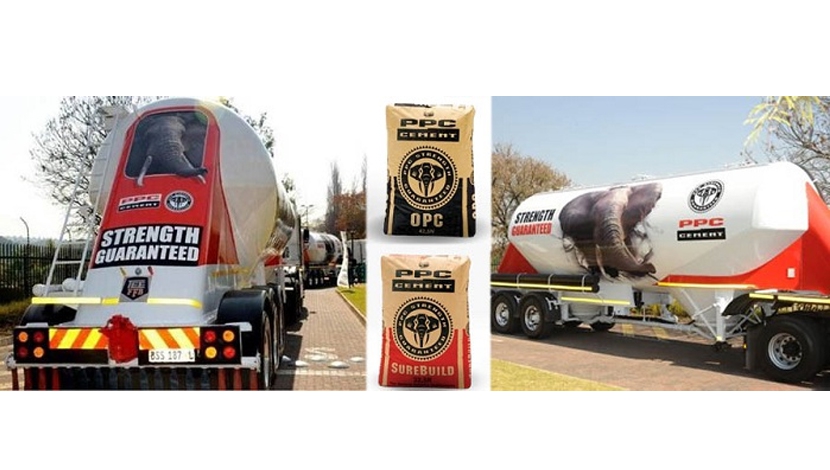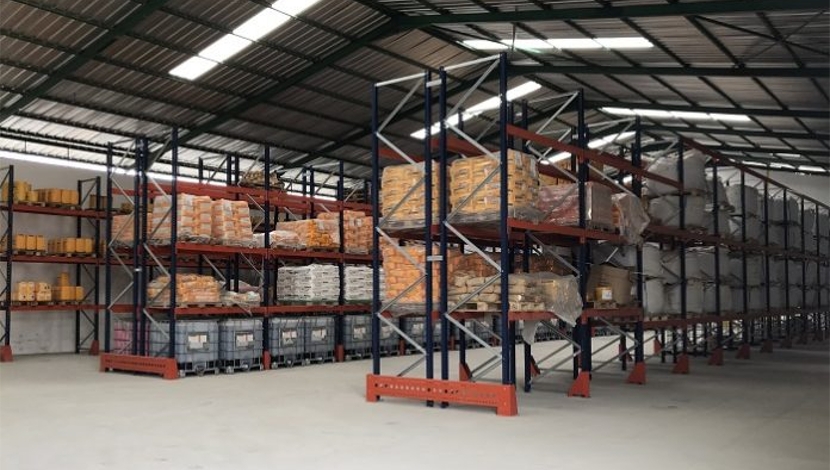

PPC’s De Hoek plant near Piketberg – which started production in 1923 – may be one of the oldest cement plants in South Africa, but it’s incorporating new techniques in its operations.
CEO Daryll Castle recently reported tangible progress with PPC’s alternative thermal energy strategy – introduced via burning tyres at De Hoek.
De Hoek kiln 6 is expected to have a co-processing capacity of about 8,000 tons of recycled tyres per year.
This would result in thermal heat replacement of about 15%. The manual tyre feed system was recently completed at a cost of under R10m. This saving should be seen in the context of the draft carbon tax bill (released for comment in November 2015) – most notably the Carbon Tax Act 2017, which will come into operation on January 1 next year.
Previously PPC estimated that the impact of carbon taxes on its business would be around R150m – but now the value is expected to be just below R120m. PPC argued that tyres have a calorific value that make it an ideal alternative energy source for a cement kiln as well as preserving non-renewable natural resources.
By co-processing tyres, the cement kiln achieves ‘total destruction’ and the ash is incorporated in the product with no by-product. Kiln 6 is also expected to have a co-processing capacity that results in a 10% to 15% thermal substitution rate.
The manual tyre feed system has been operational since mid-August last year. The initial one tyre per minute feed is equivalent to 5% coal replacement.
A recent presentation on De Hoek showed that 6,000 tons of tyre stock would be sourced from the Western Cape and that there has been improvement in Western Cape cement demand since the end of September 2015, with over R3bn worth of projects awarded since since October.
De Hoek can produce over 1,1 million tons of cement per annum and pack more than 1,4 million bags of cement a month and sell around 26,000 tons of cement per week.





